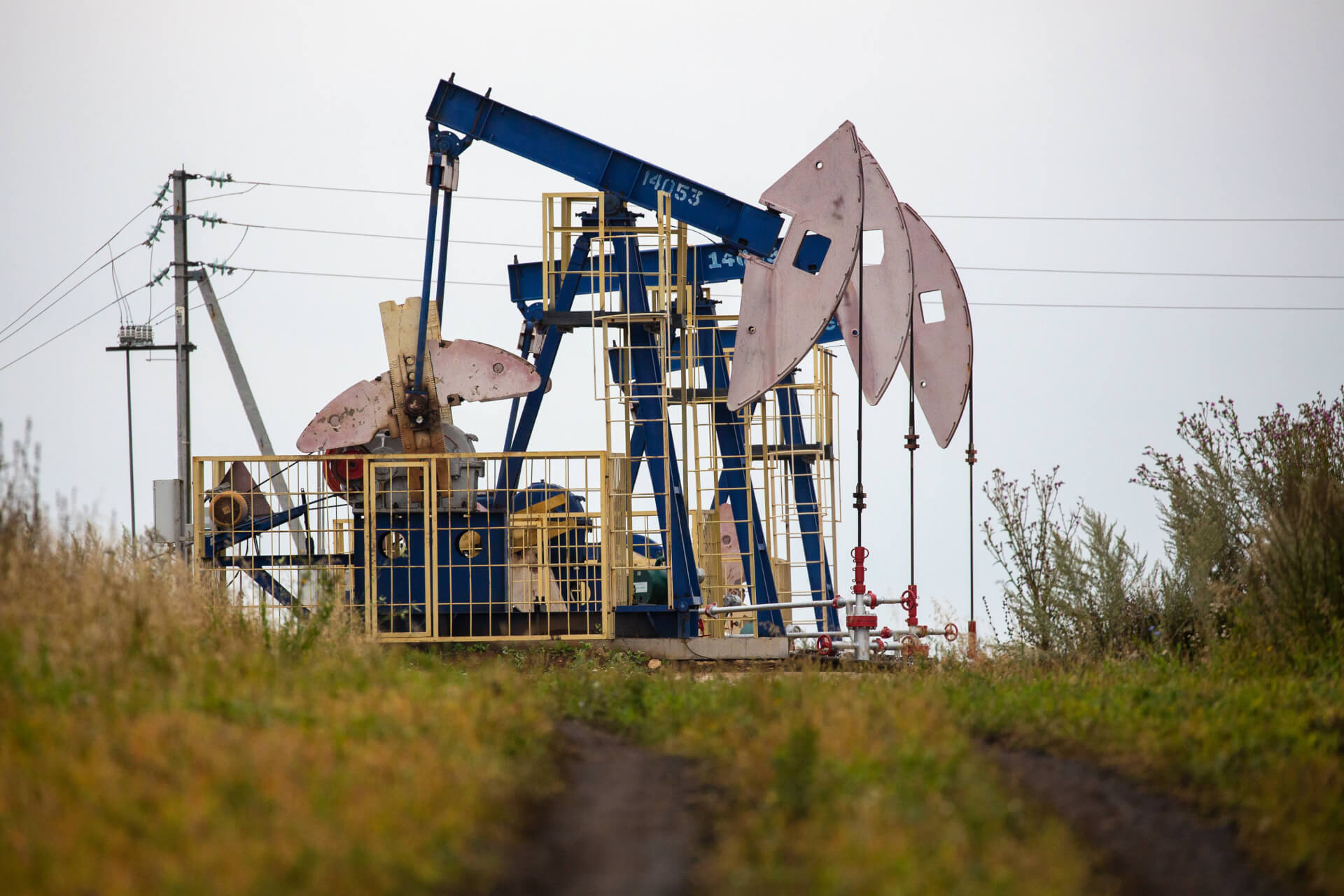Russian President Vladimir Putin signed an Executive Order on Tuesday to ban oil exports to countries, foreign companies, and individuals who directly or indirectly implemented the G7’s $60 price cap on Russian oil and petroleum products.
The Kremlin’s release said that the “unfriendly actions taken by the United States, other foreign countries and international organisations that sided with them,” were in violation of international law. It rejected the ban on transporting and insuring Russian oil and petroleum products if the price goes above the imposed limit.
To this end, the decree seeks to protect Russia’s national interests and applies to “all stages of sales up to and including the final buyer.” The Ministry of Energy will be responsible to ensure compliance with the Executive Order, which will be in force from 1 February, 2023, to 1 July, 2023.
Nevertheless, Putin retains the power to make exceptions to this decree. However, it is unclear whether the ban will be extended to non-Western countries or limited to those that have drafted the price cap.
The EU agreement on an oil price cap, coordinated with G7 and others, will reduce Russia’s revenues significantly.
— Ursula von der Leyen (@vonderleyen) December 2, 2022
It will help us stabilise global energy prices, benefitting emerging economies around the world. pic.twitter.com/3WmIalIe5y
According to an expert quoted by the Wall Street Journal, the decree is deliberately “vague” to allow Russia to continue to export to “selected countries complying with the cap.” In addition, the decision indicates that “Russia is in a vulnerable situation, needs oil revenues, and therefore cannot take drastic retaliation measures.”
On 5 December, several countries, including the United States, Canada, Japan, the United Kingdom, Australia, and the European Union, announced their decision to pay no more than $60-per-barrel for Russian oil imports. As a result, shipping and insurance companies will be barred from dealing with Russian oil that does not comply with the price cap.
In response, Moscow previously announced a 5%-7% reduction in its crude oil output in 2023 as the price cap could cause exports to Baltic countries to drop by 20% in December.
In addition, Russian Finance Minister Anton Siluanov said on Tuesday that the price cap will severely impact export income and widen the budget deficit gap beyond the expected 2% in 2023.
Big story: #Russia's oil exports have collapsed. Export volumes will not remain this low, but the EU oil embargo and the G7 oil price cap are apparently causing major disruptions in Russian energy trade.https://t.co/YcrKIJajcn pic.twitter.com/VEKT1Rl7Aw
— Janis Kluge (@jakluge) December 20, 2022
However, Ukrainian President Volodymyr Zelensky criticised the G7’s price cap, calling it a “weak” attempt that was not “serious” enough to impact the Russian economy.
The G7, a group of the world’s most developed economies, presented the proposal for the price cap in September, aiming to limit Putin’s access to funds for financing the Ukraine war while allowing countries like China and India to secure Russian oil at a discounted price. The objective herein is to restrict Russia from selling oil and petroleum products to countries at higher prices to make up for the export earnings lost due to Western countries’ sanctions.
In light of these countries’ widespread bans on Russian products and sanctions on Russian government officials and entities, the Kremlin’s ban is being viewed as largely symbolic. This was evidenced by the oil market remaining unaffected by the Russian announcement. In fact, Brent oil prices surged by less than 2% on Tuesday, trading at $86 a barrel.
Nevertheless, prices are significantly lower than the peak of oil prices in March and June, when they reached as high as $120 per barrel.

